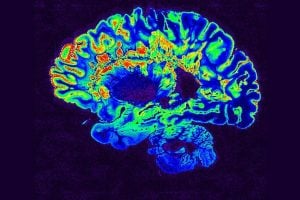
According to the federal government’s National Institute of Neurological Disorders and Stroke, nearly 3 million people worldwide — with almost a third in the United States — are living with multiple sclerosis (MS), a disabling neurological disease in which the body’s immune system mistakenly attacks nerves feeding information to the central nervous system (the brain and spinal cord). Although rarely fatal, MS can lead to long-term disabilities, and impair movement, muscle control, vision and cognition.
 There currently is no cure for MS. However, findings from a new Johns Hopkins Medicine study provide strong support for a promising advance toward that goal: the ability to reverse — and in many cases, completely alleviate — MS-like symptoms in mice.
There currently is no cure for MS. However, findings from a new Johns Hopkins Medicine study provide strong support for a promising advance toward that goal: the ability to reverse — and in many cases, completely alleviate — MS-like symptoms in mice.
“First in line will be a mouse version of type 1 diabetes,” says study co-senior author Jamie Spangler, Ph.D., director of the Spangler Lab at the Johns Hopkins University School of Medicine, and assistant professor of biomedical engineering and chemical and biomolecular engineering at The Johns Hopkins University Whiting School of Engineering. “To engage and grow T regs specific for the insulin-producing cells in the pancreas damaged or threatened by that disease’s autoimmune activity, we’ll exchange the myelin peptide we used in the MHC-peptide portion of the MS therapy with one from those cells.”